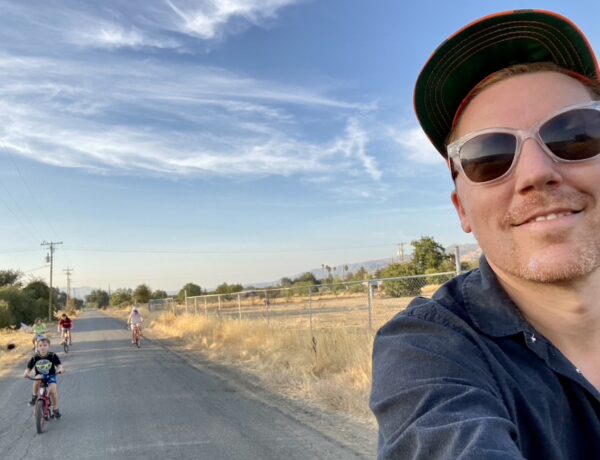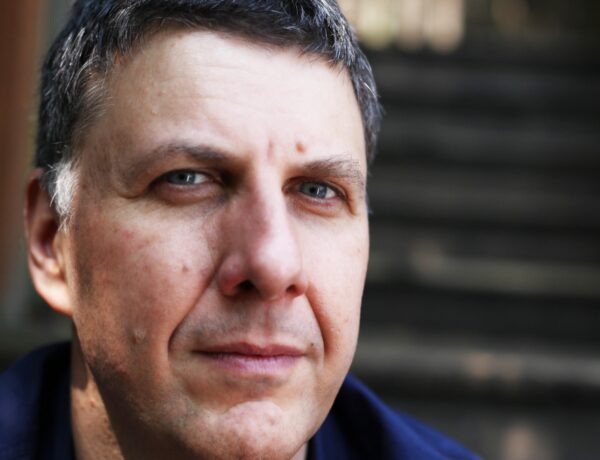Michael J. Tougias is a distinguished New York Times bestselling author with a prolific career spanning over 37 books, including works for both adults and younger audiences. His notable titles include the bestselling The Finest Hours, adapted into a 2016 film starring Chris Pine, Casey Affleck, and Ben Foster, as well as Fatal Forecast, Overboard, King Philip’s War, and Extreme Survival: Lessons Learned.
Tougias is also a prominent speaker, delivering lectures across the country on his book topics and providing leadership and inspirational programs for various organisations, including General Dynamics and Raytheon.
Michael, with such a diverse range of books, from The Finest Hours to Extreme Survival, what draws you to the themes of adventure and survival? How do you decide which true stories to turn into books?
I’m drawn to any survival story where I ask myself “could I have made it?” and if the answer is “no” that is the survivor I went to interview. And by interview I mean really get to know them over a period of several days. I’m drawn to stories where I just have to know what happens next, and feel like that is what readers want as well. And my mantra while writing is “keep it fast-paced.”
I also am interested in survival stories that last a few days rather than a few hours, because in those longer ordeals there are typically strange twists and turns as well as surprises that keep me thinking about the situation long after the interview.
The Finest Hours recounts the harrowing 1952 nor’easter and the Coast Guard’s daring rescue. What drew you to this particular story, and how did you go about researching such a dramatic and historic event?
When I started researching the story I realised this is the Coast Guards most daring rescue in its history and was shocked that no one had written a book about it. So the first thing I did was really educate myself about the event by reading documents from the rescue, and that way when I telephoned the main hero, Bernie Webber, I would be knowledgeable and he would know I was passionate about making this book happen.
Seeing the book adapted into a film must have been an extraordinary experience. How closely were you involved in the adaptation process, and how did it feel to see your work translated onto the big screen?
I was involved with the screenplay. There is one part of the movie that is fiction and I came up with that idea and worked with the screenwriters so it would fit with the rest of the true story. Seeing the movie made was a dream come true. But I always told myself “write enough edge-of-your-seat books and you might get lucky and have one be made into a movie.”
Your work often involves extensive research and historical context. Could you share your process for gathering and organising information for your books? How do you ensure historical accuracy while keeping the narrative engaging?
I immerse myself in the period and the ordeal, and try to leave no stone unturned.
What does a typical writing day look like for you? Do you have specific habits or practices that help you stay productive and focused?
I have sleep issues where I wake up in the morning feeling exhausted. So I use mornings to force myself to exercise and do administrative work, and then take a nap after lunch. After the nap I feel refreshed and I usually write from 5pm to 10pm with a break for dinner. Many days I don’t write at all, but when I need to, I can really zone in and focus
Given the intense nature of the rescue stories you write about, do you have any strategies to immerse yourself in that mindset? How do you transition back to everyday life after a writing session?
I never have a problem with the transition. But then again, maybe that is why my sleep is messed up!
If you could have a conversation with any author throughout history about their writing routine or creative process, who would that person be?
Harper Lee
Lastly, I’d love to know about the books you’re reading at the moment. What have been some of your favourite recent reads?
I love biographies, and especially enjoy books by Jeff Benedict.



No Comments